The Chinese Embassy in Nigeria has reiterated its unwavering commitment to the One-China policy, urging Nigerian journalists to uphold accuracy when reporting on the status of Taiwan, in line with international diplomatic norms and Nigeria’s official position.
During an interactive session on China-Africa relations in Abuja, Mr. Zhu Songbo, Director of the Political Section at the Chinese Embassy, emphasized that Taiwan remains an inalienable part of China and that the matter is solely an internal Chinese affair.
“The Taiwan question originated from the Chinese Civil War and is a matter to be resolved by the Chinese people on both sides of the Taiwan Strait,” said Songbo. “It is essentially a struggle between national unity and separatism, and between the One-China principle and attempts to create ‘Two Chinas’ or ‘One China, One Taiwan’.”
He cautioned against the use of terms such as “Republic of China,” “Taiwan Embassy,” or “Ambassador of Taiwan,” which, he said, wrongly imply recognition of Taiwan as an independent state.
Nigeria’s diplomatic alignment with Beijing was reaffirmed, with reference to two joint statements signed during President Bola Tinubu’s 2024 visit to China. These statements underscored Nigeria’s recognition of the People’s Republic of China as the sole legitimate government representing the entire Chinese people and Taiwan as an inseparable part of Chinese territory.
“The Nigerian government has consistently adhered to the One-China principle, including the relocation of the Taiwan Trade Office from Abuja to Lagos. China deeply appreciates Nigeria’s steadfast support,” Songbo added.
Participants at the event included academics and policy experts who echoed China’s stance. Professor Charles Dokubo, former Special Adviser to the President on the Niger Delta, commended China’s diplomatic presence in Africa and advocated deeper cooperation in post-conflict reintegration programs.
Professor Sheriff Ibrahim, Head of Political Science and International Relations at the University of Abuja, highlighted the historical and legal foundations of the One-China policy. He referenced the 1971 decision by the United Nations General Assembly that restored the People’s Republic of China’s seat, effectively recognizing Beijing as the sole representative of China.
Dr. Austin Maho of the International Institute of Journalism raised concerns over renewed activities by Taiwan’s trade mission in Abuja despite its official relocation, calling for consistency with Nigeria’s diplomatic commitments.
Charles Onunaiju, Director of the Centre for China Studies, emphasized that Taiwan has never held international status as a separate country, pointing to Africa’s historical support for China’s reintegration into the United Nations and Nigeria’s role in that effort.
Speakers reiterated that peaceful reunification remains the Chinese government’s guiding principle, with proposals for high-level autonomy under the framework of “One Country, Two Systems.”


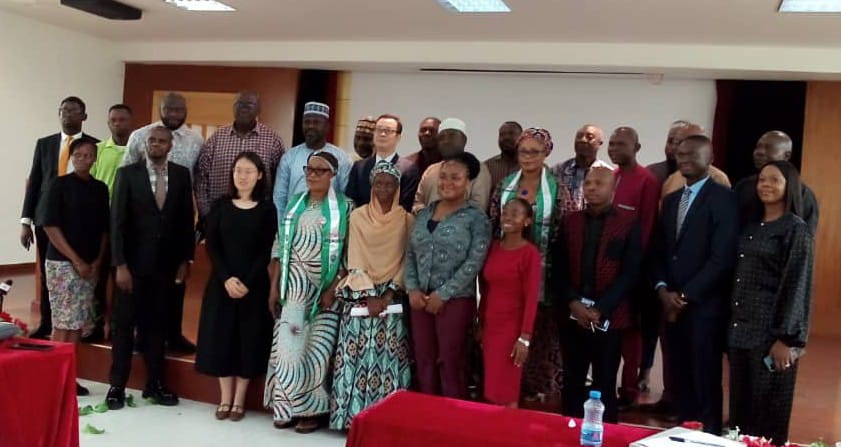

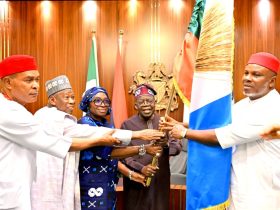
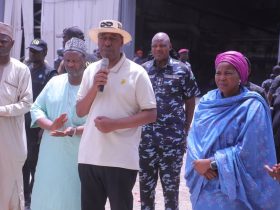
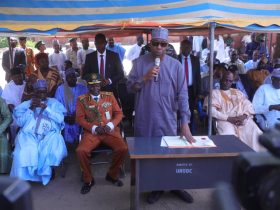



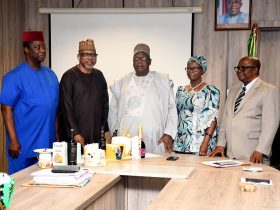

Leave a Reply